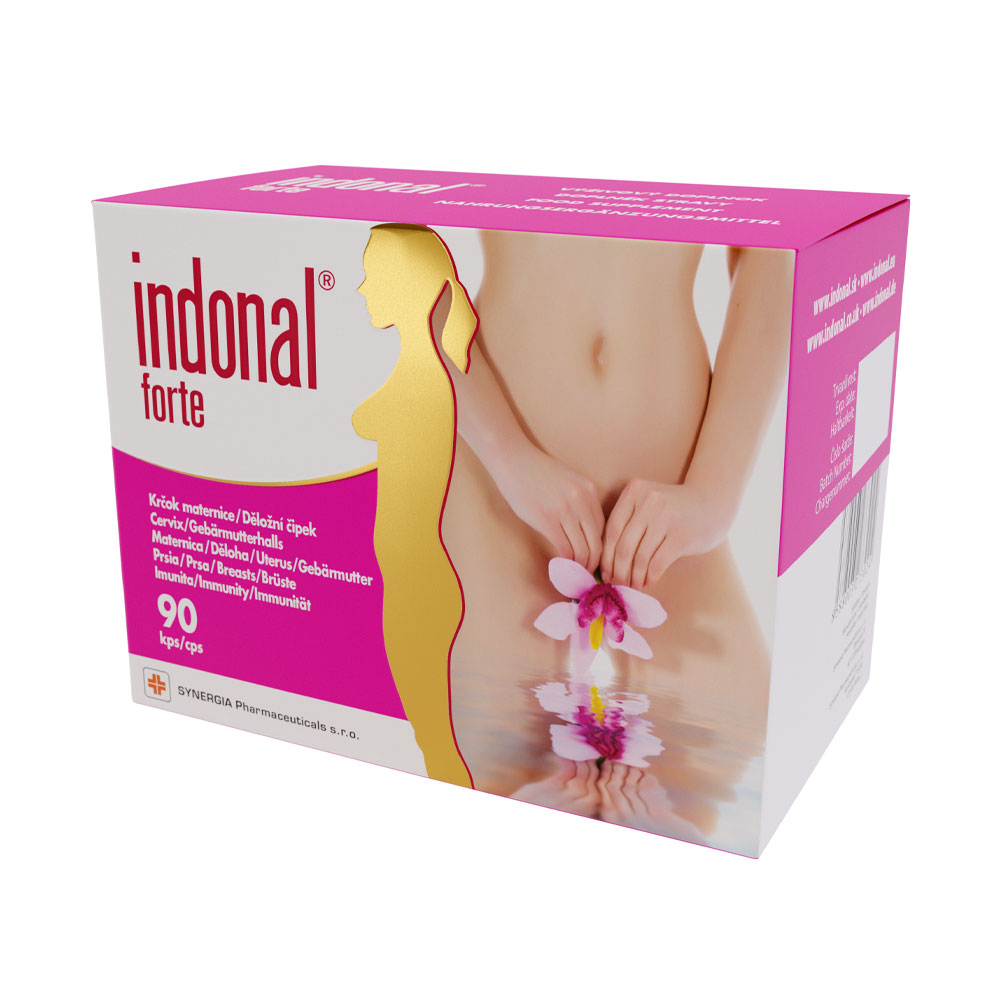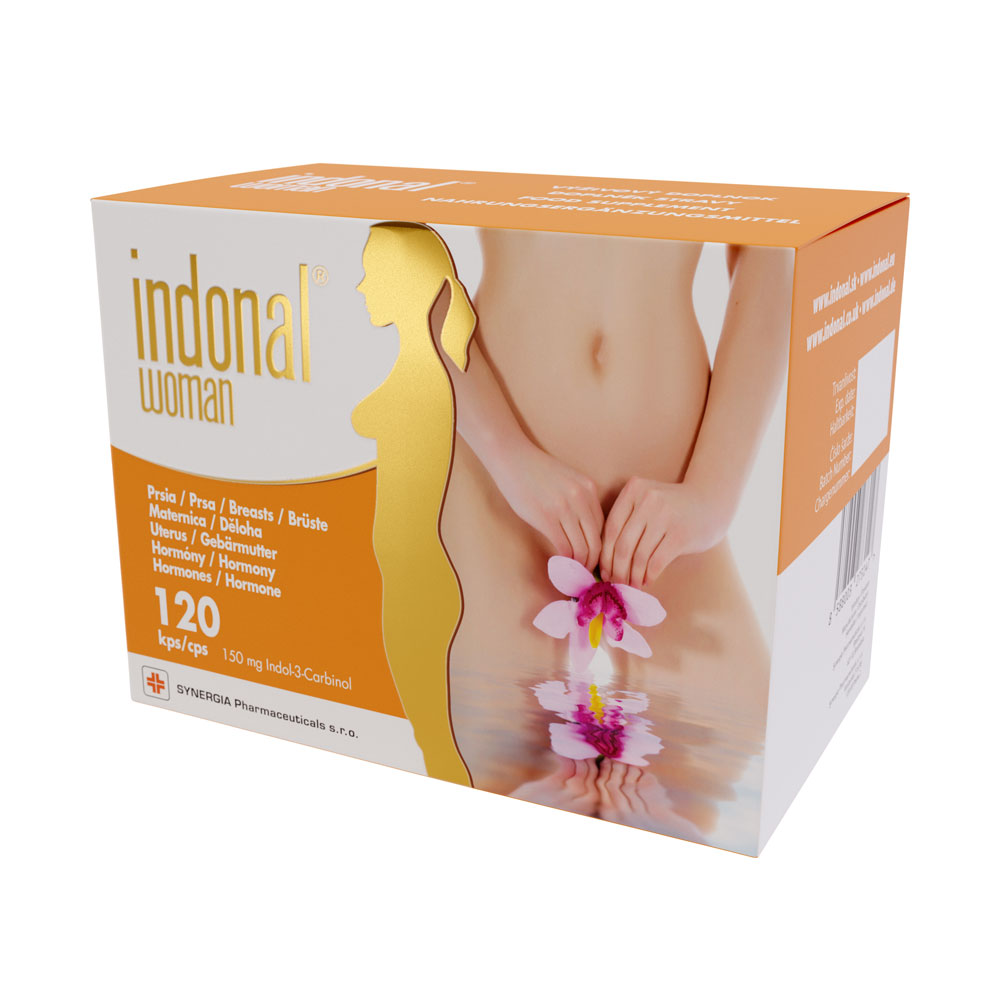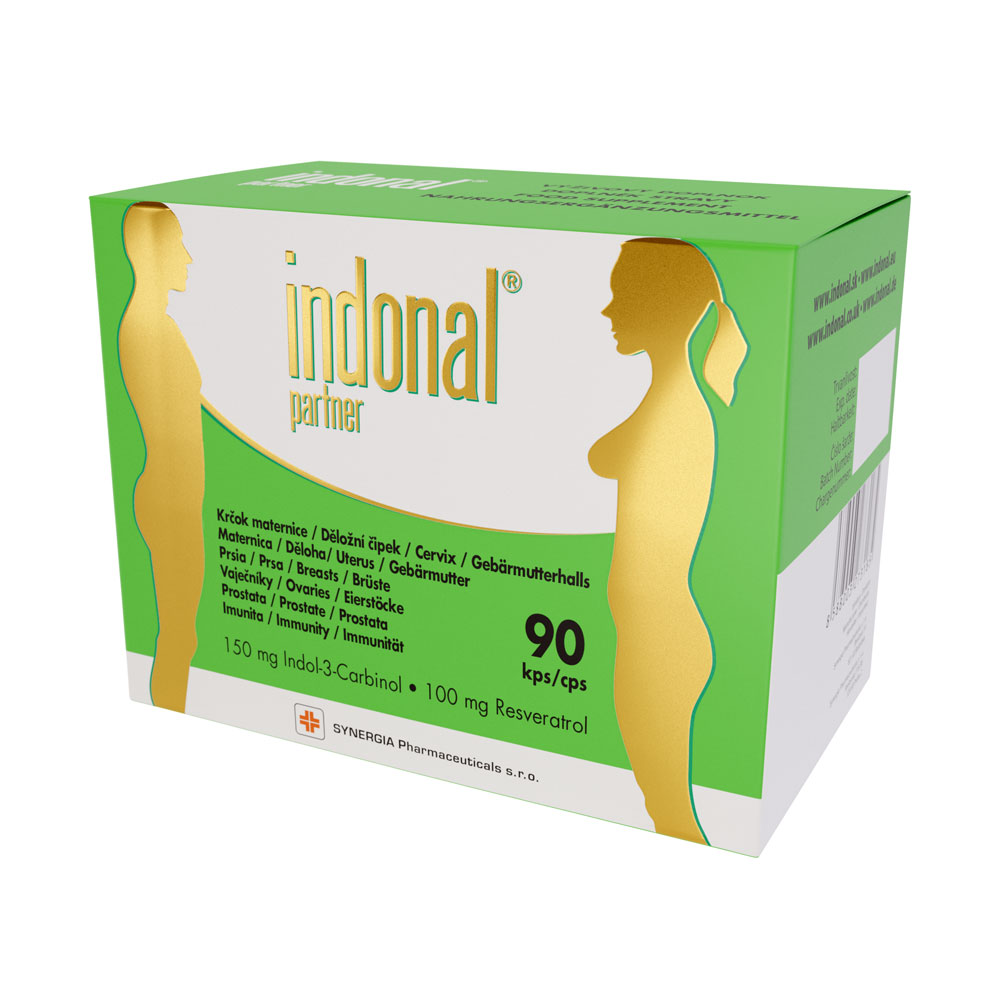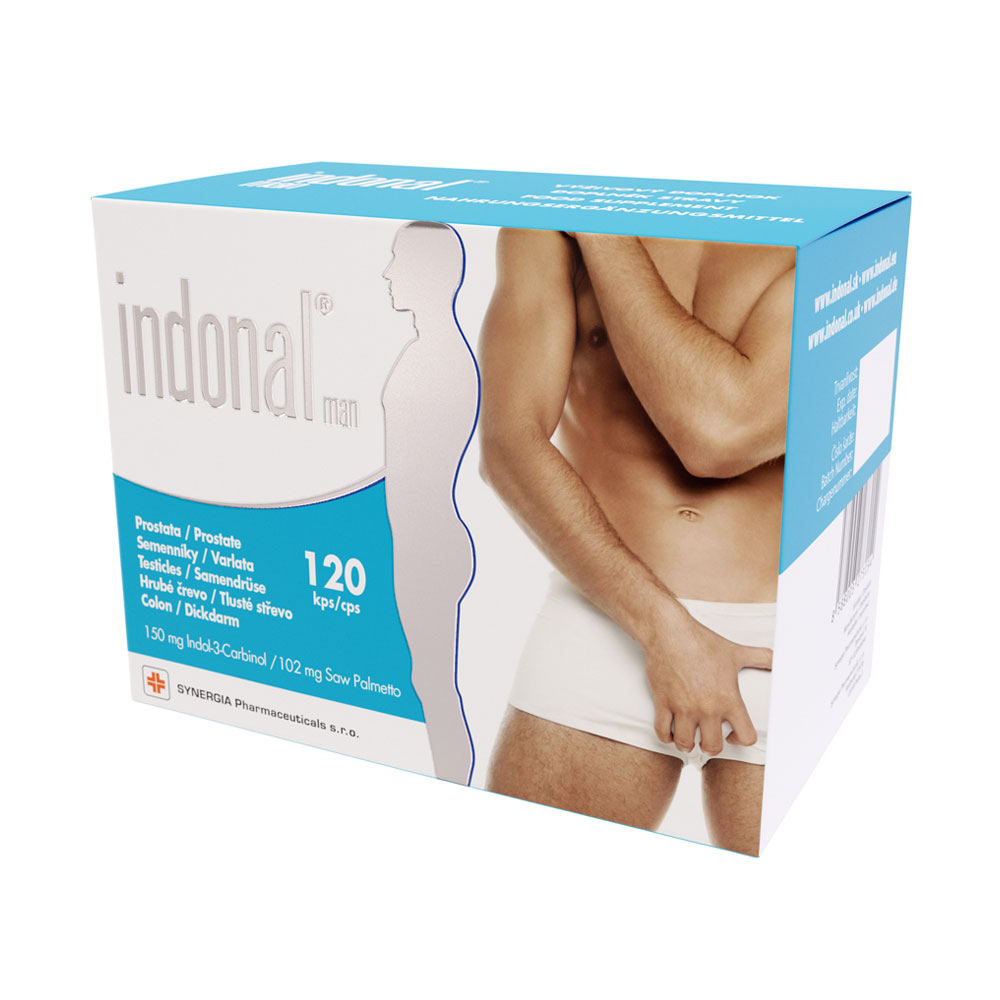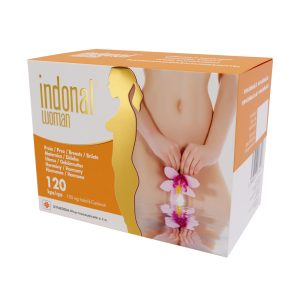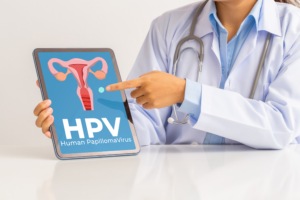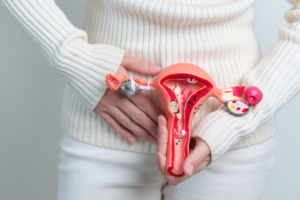PMS is short for Premenstrual Syndrome, a group of physical and emotional symptoms that many women experience one to two weeks before their menstrual period. These symptoms can vary widely and may include:
Emotional and Behavioral Symptoms of PMS:
- Mood swings
- Irritability or anger
- Depression or sadness
- Anxiety
- Fatigue
- Changes in sleep patterns
- Changes in appetite or eating habits
- Increased desire for shopping and impulsive spending
Physical Symptoms of PMS:
- Abdominal pain or cramps
- Headaches or migraines
- Breast tenderness and swelling
- Bloating
- Muscle and joint pain
- Acne
- Weight gain due to water retention
PMS can range from mild to severe, and its symptoms can significantly impact the daily lives of some women. Before discussing what helps alleviate PMS symptoms, we need to understand their causes. Understanding the causes can help develop effective strategies to alleviate symptoms and improve quality of life. PMS symptoms are caused by a combination of hormonal, chemical, and behavioral factors.
Causes of PMS:
PMS includes a wide range of physical, emotional, and behavioral symptoms that regularly occur during the luteal phase of the menstrual cycle, the period between ovulation and the start of menstruation:
- Estrogen and Progesterone: During the luteal phase of the menstrual cycle, progesterone levels rise, and estrogen levels fall. These hormonal changes can affect neurotransmitters in the brain, leading to symptoms such as mood swings, irritability, and depression. Neurotransmitters are chemicals that transmit signals between nerve cells (neurons) in the brain and throughout the nervous system, essential for brain communication and information transfer between neurons and other cells.
- Serotonin: A decrease in estrogen levels can affect serotonin production, a neurotransmitter that plays a key role in regulating mood, sleep, and appetite. Low serotonin levels can contribute to depressive symptoms, anxiety, and changes in appetite.
- Endorphins: A decrease in endorphin levels during the luteal phase can lead to worsened mood and increased sensitivity to pain.
- Fluid Retention: Hormonal changes can lead to fluid retention, causing bloating and swelling, as well as breast tenderness.
- Stress: Chronic stress can exacerbate PMS symptoms by affecting hormonal balance and increasing sensitivity to physical and emotional symptoms.
- Lifestyle: Factors such as lack of exercise, an unhealthy diet, and insufficient sleep can contribute to the severity of PMS symptoms.
What Helps Alleviate PMS Symptoms?
One of the main causes of PMS is hormonal imbalance. Estrogen is a hormone that plays a key role in the menstrual cycle. Its levels fluctuate during the cycle, affecting a woman’s physical and emotional health. Estrogen impacts neurotransmitter levels, such as serotonin, which affects mood. Stabilizing estrogen levels can help alleviate mood swings and improve emotional well-being, contributing to the mitigation of hormonal imbalances that often lead to PMS symptoms.
Indole-3-Carbinol (I3C) for PMS:
Indole-3-carbinol (I3C) is a compound found in cruciferous vegetables, such as broccoli, cauliflower, cabbage, and kale. This compound has potential health benefits, including effects on hormonal balance, which can be useful in alleviating premenstrual syndrome (PMS) symptoms. I3C is converted in the body to diindolylmethane (DIM), which affects estrogen metabolism.
Potential Benefits of I3C for PMS:
- Estrogen Regulation: I3C supports healthy estrogen metabolism, helping alleviate symptoms such as breast tenderness, bloating, and mood swings.
- Anti-Inflammatory Effects: I3C has anti-inflammatory properties that can help reduce inflammation and pain associated with PMS.
- Detoxification: I3C supports detoxifying enzymes in the liver, helping remove excess hormones and toxins from the body.
Conclusion
Regulating estrogen through Indole-3-carbinol (I3C) can be an effective way to alleviate premenstrual syndrome (PMS) symptoms. Supporting healthy estrogen metabolism helps reduce breast tenderness, bloating, and mood swings, improving the overall quality of life for women during the premenstrual period.
Sources:
- Bradlow, H. L., Michnovicz, J. J., Halper, M., Miller, D. G., Wong, G. Y., & Osborne, M. P. (1994). Long-term responses of women to indole-3-carbinol or a high fiber diet. Cancer Epidemiology, Biomarkers & Prevention, 3(7), 591-595.
- Wong, G. Y., Bradlow, L., Sepkovic, D., Mehl, S., Mailman, J., & Osborne, M. P. (1997). Dose-ranging study of indole-3-carbinol for breast cancer prevention. Journal of Cellular Biochemistry Supplement, 28-29, 111-116.
- Reed, G. A., Arneson, D. W., Putnam, W. C., Smith, H. J., Gray, J. C., Sullivan, D. K., & Mayo, M. S. (2006). Single-dose and multiple-dose administration of indole-3-carbinol to women: Pharmacokinetics based on 3,3′-diindolylmethane. Cancer Epidemiology, Biomarkers & Prevention, 15(12), 2477-2481.
- Kaplan, A. R., & Thomsen, J. M. (2006). Indole-3-carbinol: An anti-estrogenic dietary component. Journal of Endocrinological Investigation, 29(1), 123-130.
- Higdon, J. V., Delage, B., Williams, D. E., & Dashwood, R. H. (2007). Cruciferous vegetables and human cancer risk: Epidemiologic evidence and mechanistic basis. Pharmacological Research, 55(3), 224-236.






